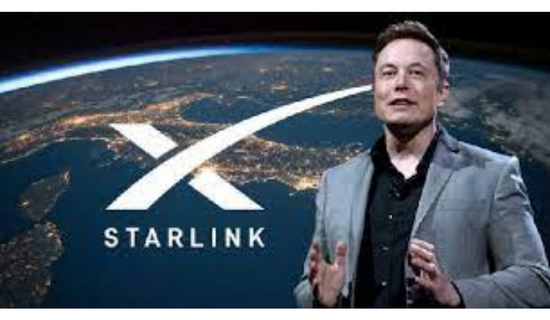Starlink, the satellite internet service from Elon Musk’s SpaceX, recently announced a steep price increase for its Nigerian customers, primarily due to rising inflation in the country. The subscription fee surged by 97% from N38,000 to N75,000, affecting new clients immediately as articulated by the company on its website. Additionally, the cost of the Starlink kit, essential for installation, rose by 34%, now priced at N590,000, up from N440,000. Existing customers were notified via email that their service rates would also see an increase come October 31, 2024, though they have the option to cancel their subscriptions without penalties. Other pricing tiers introduced include a standard residential package at N75,000 monthly, a mobile regional package for N167,000, and a mobile global package priced at N717,000.
The situation mirrors broader industry trends as local mobile operators like MTN, Globacom, Airtel, and 9mobile are requesting price adjustments due to escalated operational costs attributed to economic factors. These requests remain pending approval from the Nigeria Communications Commission. Chimezie Chuta, Chairman of the National Blockchain Policy Implementation Steering Committee, defended Starlink’s new pricing, suggesting that even after the increase, the service remains competitive relative to other internet service providers in Nigeria. He highlighted Starlink’s offerings of unlimited downloads, fast speeds, and zero maintenance as compelling enough for users to consider retaining their subscriptions despite the higher costs.
Opposing viewpoints emerged from stakeholders in the digital community, particularly concerning the affordability of Starlink’s new pricing structure. Obinna Iwuno, President of the Stakeholders in Blockchain Technology Association of Nigeria, raised legitimate concerns over the potential detachment between service pricing and local purchasing power. With the monthly fee now set at N75,000, he questioned how likely widespread adoption of Starlink would be, given the economic realities. Iwuno argued for the necessity of creating more accessible, innovative solutions specifically designed for the African market to accommodate varying levels of economic capability.
Starlink commenced its services in Nigeria in January 2023, marking the first rollout of the service across the African continent after collaborative discussions with the Nigerian Communications Commission. The company experienced remarkable growth in subscriber numbers, obtaining 11,207 active users just eight months after its launch, positioning itself as the fourth largest ISP in Nigeria. By the fourth quarter of 2023, the subscriber base surged to an impressive 23,897, propelling Starlink to the status of the third largest provider in the country, reflecting an astonishing 113% quarter-on-quarter increase.
In response to emerging market demands, Starlink Nigeria has attempted to enhance consumer engagement through promotions, such as a 21% discount on its starter kit announced in October 2023, which dropped the price from N378,000 to N299,500. This kind of incentive can play a crucial role in making the service more accessible, potentially offsetting some of the financial burdens associated with the subscription fee. However, the long-term sustainability and growth of Starlink’s user base in Nigeria will depend heavily on how well the company balances pricing strategies with the economic realities faced by its consumer base.
Overall, the evolving landscape of internet services in Nigeria illustrates a complex interplay between affordability, economic conditions, and market expectations. As Starlink navigates these challenges, it will be critical for them to remain cognizant of local economic contexts while striving to innovate. Such considerations will not only impact Starlink’s success in Nigeria but also set a precedent for other international service providers venturing into similar markets throughout Africa. The fundamental takeaway remains that the service must adapt to the local economic climate to sustain growth and foster greater user engagement in the increasingly competitive ISP environment.


